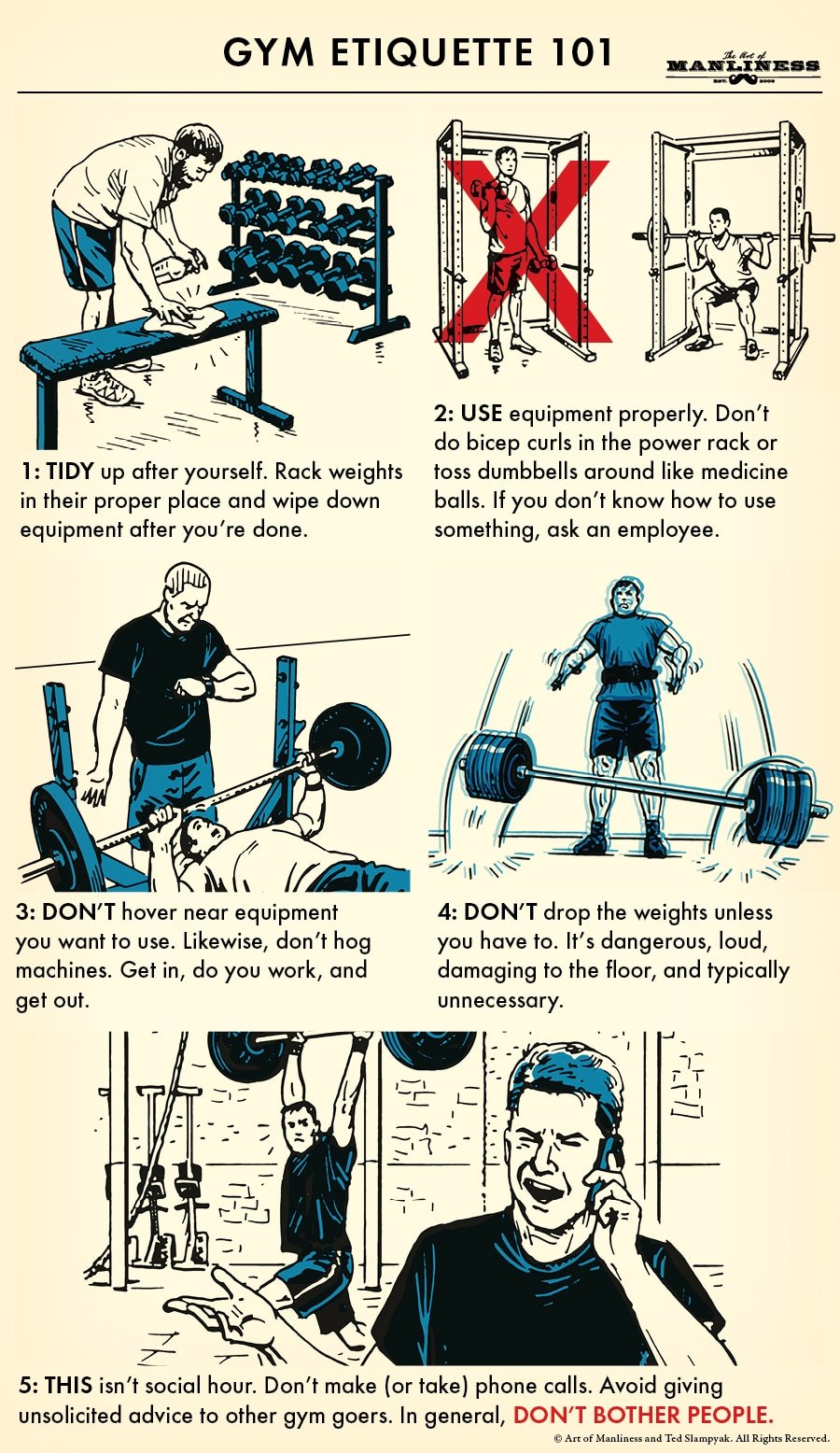Sports bring people together. They teach discipline and teamwork.
But every sport has its own set of rules. These rules ensure fair play and respect. Understanding these rules is key to enjoying and succeeding in any sport. Official rules cover all aspects of the game, including proper etiquette. This means knowing how to behave on and off the field.
Good etiquette shows respect for the game and everyone involved. It helps maintain a positive environment. Whether you are a player, coach, or fan, knowing the official rules is important. It makes the game more enjoyable for everyone. In this post, we will explore why etiquette rules are always part of the official rules and how they benefit the sport.

Credit: tpcdanzantebay.com
Introduction To Sports Etiquette
Sports etiquette refers to the unwritten rules and traditions that govern player behavior. These guidelines go beyond official rules and regulations. They ensure the game is played with respect and fairness. Understanding and following sports etiquette fosters a positive environment. It also promotes good sportsmanship and enhances the overall experience for everyone involved.
Importance Of Etiquette In Sports
Etiquette in sports is crucial for maintaining respect among players. It ensures games are played fairly and with integrity. Respecting opponents, officials, and fans creates a positive atmosphere. Good etiquette also prevents conflicts and promotes teamwork. It helps players focus on the game rather than disputes.
Following etiquette rules shows maturity and professionalism. It demonstrates a player’s commitment to the spirit of the sport. This respect extends beyond the field, contributing to a player’s overall character development.
Historical Context Of Unwritten Codes
Sports have a long history of unwritten codes of conduct. These traditions have evolved over time, passed down from generation to generation. Early sports lacked formal rules, relying on common understanding among players. These informal guidelines helped maintain order and fairness.
Many sports still honor these historical codes today. They reflect the values and principles that have shaped the sport. Understanding this history helps players appreciate the importance of etiquette. It connects them to the sport’s rich heritage and traditions.
Respect For Opponents
Respect for opponents is a key part of sportsmanship. It helps maintain the spirit of the game and promotes fair play. Athletes must always treat their opponents with dignity, regardless of the outcome. This respect is essential in fostering a positive and competitive atmosphere.
Showing Sportsmanship
Sportsmanship means playing fair and respecting the rules. It involves acknowledging the efforts and skills of opponents. Congratulate them on their performance and shake hands after the game. Avoid taunting or belittling them. Show appreciation for their hard work and dedication. This builds mutual respect and a strong sports community.
Handling Victory And Defeat
Winning or losing gracefully is crucial. Celebrate victories without boasting. Winning should be about personal achievement, not about belittling others. Respect the effort opponents put into the game. In defeat, accept the loss with humility. Learn from the experience and acknowledge the winner’s skill. This attitude promotes respect and makes sports enjoyable for everyone.
Respect For Officials
Respect for officials is a fundamental rule in any sport. This ensures fair play and maintains the integrity of the game. Players, coaches, and fans must all adhere to this principle. Understanding and following the proper etiquette helps create a positive environment. This section will focus on two key aspects: Accepting Decisions Gracefully and Effective Communication with Referees.
Accepting Decisions Gracefully
Officials make decisions to keep the game fair and safe. It’s important to accept these decisions without argument. This shows respect and professionalism.
- Do not question the referee’s call during the game.
- Maintain composure and avoid emotional reactions.
- Encourage teammates to respect the official’s decision.
By accepting decisions gracefully, players set a good example. This behavior fosters a positive atmosphere on and off the field.
Effective Communication With Referees
Effective communication with referees is crucial. It helps avoid misunderstandings and clarifies rules.
- Speak politely and respectfully when addressing officials.
- Avoid interrupting the referee during the game.
- Use appropriate language and tone.
Clear and respectful communication can build mutual respect. This enhances the overall experience for everyone involved.
| Do’s | Don’ts |
|---|---|
| Accept decisions without argument. | Do not argue with the referee. |
| Communicate respectfully and clearly. | Avoid using disrespectful language. |
| Encourage teammates to respect officials. | Do not interrupt the referee during the game. |
Remember, respecting officials is crucial for maintaining the integrity of the sport. By following these guidelines, you contribute to a fair and enjoyable game for all.

Credit: tpcdanzantebay.com
Respect For Teammates
Respect for teammates is a key part of any sport. It creates a positive environment. It helps build trust and cooperation. Every player plays better when they feel respected.
Encouraging Team Cohesion
Encouraging team cohesion is vital. It involves supporting each other. Cheer for your teammates during games. Help them improve their skills. Celebrate their successes.
Use positive words. Avoid blaming others for mistakes. This builds a strong team spirit.
Handling Conflicts Internally
Conflicts happen in sports. Handle them internally. Discuss issues privately. Do not argue in front of others. This shows respect and maturity.
Listen to each other. Find solutions together. This strengthens the team bond.
| Etiquette Rule | Action |
|---|---|
| Respect Teammates | Use kind words |
| Encourage Cohesion | Cheer for each other |
| Handle Conflicts | Discuss privately |
Conduct During Play
Conduct during play is crucial in sports. Proper etiquette ensures fairness and respect among players. Adhering to the official rules helps maintain the spirit of the game. This section will discuss playing fairly and avoiding unsportsmanlike behavior.
Playing Fairly
Playing fairly is the foundation of good sportsmanship. Follow the rules at all times. Respect the decisions of officials, even if you disagree. Accept outcomes gracefully, whether you win or lose. Show respect to your opponents. Acknowledge their skills and effort. Help create a positive atmosphere on the field.
Avoiding Unsportsmanlike Behavior
Avoiding unsportsmanlike behavior keeps the game enjoyable for everyone. Do not use foul language or gestures. They can be hurtful and provoke conflicts. Avoid cheating or using unfair tactics. Winning by dishonesty ruins the spirit of competition. Respect the equipment and facilities. Treat them with care to ensure their longevity.
Encourage your teammates. Positive reinforcement boosts morale. Applaud good plays from both sides. Foster a sense of community and mutual respect. This helps in creating a supportive environment.
Preparation And Presentation
Proper preparation and presentation are key in sports. They set the tone for the game and show respect for the sport. Following the rules of etiquette ensures fair play and mutual respect among players.
Appropriate Attire
Wearing the right attire is essential. Each sport has its dress code. Players must wear the specified uniform. It helps in identification and ensures safety. Proper attire includes footwear, protective gear, and clothing.
For instance, in soccer, players wear shin guards. In cricket, they wear helmets and pads. This not only prevents injuries but also maintains uniformity. Always check the official rules for detailed dress codes.
Timeliness And Readiness
Being on time is crucial. Arriving early shows respect for the sport and other players. It allows time for warm-up and mental preparation. This readiness can improve performance and prevent injuries.
Ensuring equipment is ready is also part of preparation. Check all gear before the game starts. This includes balls, bats, rackets, and other necessary items. Timeliness and readiness reflect dedication and professionalism.
Interactions With Fans
Interactions with fans play a crucial role in sports. Proper etiquette ensures positive experiences for everyone involved. Athletes must follow the rules set by their sports’ official guidelines. These rules help maintain respect and decorum between players and fans.
Engaging Respectfully
Respectful interaction with fans is vital. Athletes should always use polite language. A warm smile or a simple wave can make a fan’s day. Engaging in a friendly manner fosters good relations. It also sets a positive example for young admirers.
Players should avoid controversial topics. Keeping conversations light-hearted is key. This helps in maintaining a friendly atmosphere. Respect for cultural differences is also essential. Understanding and respecting diversity makes interactions more pleasant.
Managing Criticism
Criticism is part of sports. Athletes must handle it gracefully. Staying calm under pressure is important. Responding with anger can damage one’s reputation. It is better to listen and understand the feedback. Often, fans just want to express their views.
Ignoring negative comments is sometimes the best approach. Not all criticism needs a response. Athletes should focus on constructive feedback. This helps in improving performance. Always maintain professionalism. It shows maturity and respect for the sport.

Credit: www.artofmanliness.com
Post-game Etiquette
Post-game etiquette is as crucial as the game itself. This part of the event reflects the character and sportsmanship of the players. It involves behaviors that show respect for opponents, officials, and fans. Below, we dive into key aspects of post-game etiquette.
Acknowledging Opponents
Acknowledging opponents is a fundamental rule of sportsmanship. At the end of the game, players usually shake hands. This gesture shows mutual respect. It is a simple yet powerful act.
Sometimes, a pat on the back or a brief chat occurs. These actions promote goodwill and camaraderie. They help to maintain a positive atmosphere in sports.
Media Interactions
After the game, players often interact with the media. They must follow certain guidelines. Speaking respectfully and thoughtfully is vital.
Here are some key points for media interactions:
- Always thank the fans and teammates.
- Avoid blaming others for the loss.
- Give credit to the opponents.
- Keep responses concise and clear.
These practices help maintain a professional image. They also promote a positive relationship with the media. Proper media interaction is part of the overall etiquette in sports.
Cultural Variations In Etiquette
In sports, etiquette is as important as the rules of the game. Proper behavior ensures fair play and respect among players. Yet, cultural variations in etiquette can be significant. Understanding these differences can enhance the experience for everyone involved.
Regional Differences
Sports etiquette can differ greatly from one region to another. In some countries, it’s common to shake hands before and after the game. In others, a simple nod suffices. The way players celebrate a victory can also vary. In many Western countries, loud cheering and high-fives are normal. In some Asian countries, a more subdued celebration is expected.
These regional differences are not just about celebrations. They extend to how players interact with referees and opponents. For example, in some cultures, arguing with a referee is seen as disrespectful. In others, it’s a way to express passion for the game. Knowing these differences can help avoid misunderstandings and conflicts.
Adapting To International Competitions
When athletes compete internationally, they face diverse etiquette norms. Adapting to these norms is crucial for building goodwill and respect. Players must be aware of different customs and practices. This awareness can make the competition smoother and more enjoyable.
Consider a soccer player from Europe competing in an Asian country. The player may need to adjust their behavior to align with local customs. This could mean bowing instead of shaking hands, or being more reserved in their celebrations. Such adaptations show respect for the host country’s culture.
Teams often prepare for this by learning about the host country’s traditions. They may even practice specific behaviors before the event. This preparation helps them navigate the complexities of international competitions.
Ultimately, understanding and respecting cultural variations in sports etiquette fosters a spirit of unity and mutual respect. It enhances the experience for both players and spectators.
Frequently Asked Questions
What Is Proper Etiquette In Sports?
Proper etiquette in sports refers to respectful behavior towards opponents, officials, and teammates. It includes fair play, following rules, and showing sportsmanship.
Why Is Sports Etiquette Important?
Sports etiquette is crucial for maintaining respect, fairness, and enjoyment. It ensures safety, promotes positive interactions, and upholds the integrity of the game.
Are Etiquette Rules Part Of Official Sports Rules?
Yes, etiquette rules are often included in official sports rules. They guide behavior and promote fair play and respect.
How Does Sportsmanship Affect A Game?
Sportsmanship positively affects the game by fostering mutual respect. It encourages fair play, reduces conflicts, and enhances the overall experience.
Conclusion
Proper etiquette in sports is essential for fair play and respect. The official rules often detail these guidelines. Understanding and following them improves the game experience. Players and spectators benefit from clear standards. Respect each other and the sport. Rules create a level playing field.
This ensures everyone enjoys the game. Always prioritize sportsmanship and integrity.



